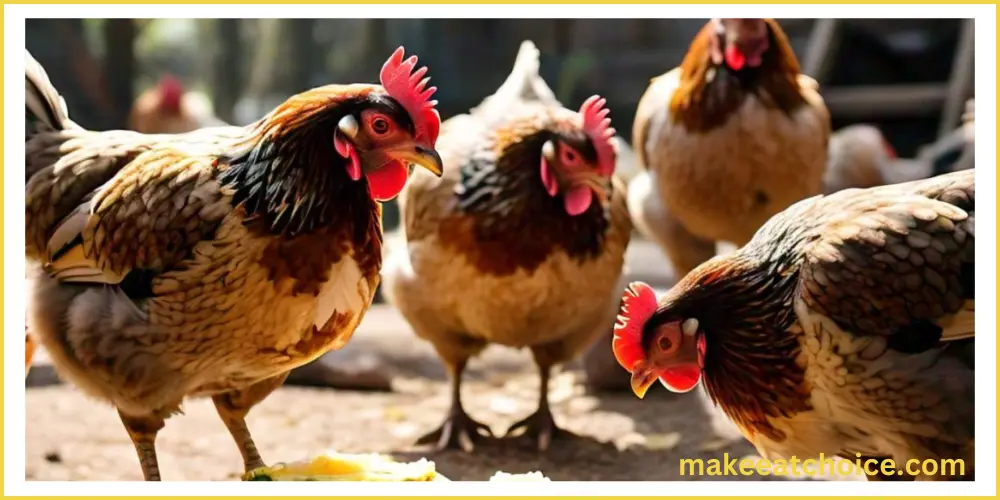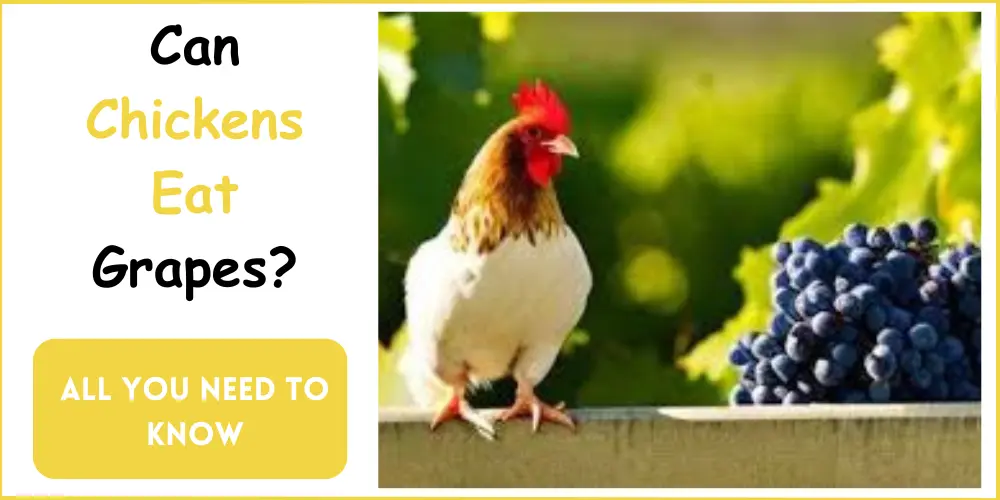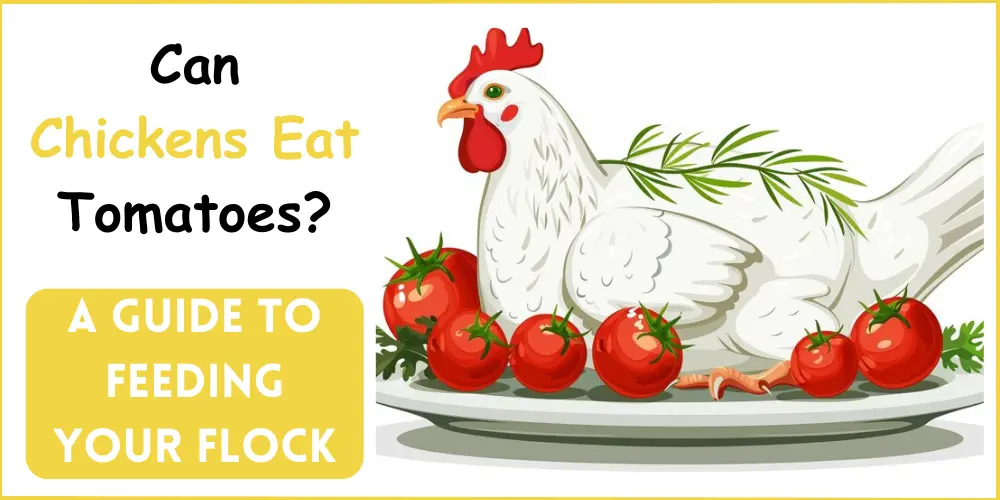
Like the expanding community of backyard poultry owners, you probably endeavour to provide your feathery companions with a nutritious and nourishing diet. Due to their succulent sweetness and extensive health benefits, pineapples are an amusing addition to your poultry’s mealtime repertoire. Can chickens eat pineapple? We shall examine the potential health effects of pineapples on your avian companions, deliberate on the appropriate and inappropriate handling of this tropical fruit, and impart invaluable recommendations for integrating pineapples into their dietary regimen.
Can Chickens Eat Pineapple?
Indeed, pineapple can be safely fed to chickens as a treat. Rich in antioxidants, vitamins, and minerals, pineapple provides poultry with numerous health benefits, including digestive support. Nevertheless, it is critical to exercise restraint when providing pineapple as food, given its elevated sugar content and the presence of bromelain, an enzyme that, when ingested in excessive amounts, may induce digestive complications.
Can chickens eat pineapple? It is critical to mention that although the flesh of the pineapple is acceptable for chickens to consume, the skin should be avoided due to its digestive difficulties. Provide your chickens with small, manageable portions of pineapple flesh devoid of the skin and core to ensure their health and safety. This enables them to partake in the delicacy without encountering any potential hazards. Remember that indulgences such as pineapple should supplement rather than supplant a balanced diet.
The Pineapple Premier
To begin with, can poultry consume pineapple? Positively, and in fact, they may even enjoy it! Pineapples are an advantageous nibble for your poultry companions due to their abundant vital nutrients. However, as with any food, the devil is in the details; therefore, it is essential to comprehend the subtleties involved in feeding this tart delight to your flock.
Is Pineapple Good for Chickens?
Manganese and vitamins C and B6 are among the minerals found in pineapples that are beneficial to chickens’ overall health. They also possess anti-inflammatory and natural deworming properties. When given to poultry in moderation, pineapples offer a variety of health benefits in addition to their delectable flavour.
How to Feed Pineapple to Chickens
There are several methods by which pineapples can be presented to poultry. Raw fruit slices may be utilised as an independent refreshment or integrated into homemade confections such as fruit salads or popsicles. Alternatively, the pineapple can be pulverised and frozen into ice cube trays, serving as a refreshing refreshment and a means to stay hydrated during the summer’s hottest months.
Which Part of the Pineapple Can Chickens Not Eat?
Prickly pineapple skin, rigid core, and green leafy crown are all undesirable for poultry. Chickens may have difficulty consuming these portions, presenting a choking hazard. In addition, the pineapple’s core and outer skin are more difficult to metabolise and may contribute to digestive issues.

Can Pineapple Be Bad for Chickens?
Preserved pineapples fed to poultry in appropriate quantities should not result in adverse effects. Can chickens eat pineapple? Nevertheless, like most fruits that contain significant amounts of natural sugar, excessive consumption of this food item may result in gastrointestinal distress and even diarrhoea in your poultry. Excess pineapple may also inhibit the assimilation of calcium, a vital mineral for developing eggs in female poultry.
Tips for Feeding Pineapple to Chickens
- Feed pineapples as an occasional treat, and do not exceed 10% of their diet.
- Cut the slices into small pieces to avoid choking hazards.
- Check for any signs of digestive upset after introducing pineapples to your chickens’ diet.
- Avoid feeding pineapples to young chicks, as their digestive systems are still developing.
- If you are concerned about adding pineapple to your chickens’ diet, consult a veterinarian or poultry nutritionist.
How Much Pineapple Is Too Much?
A daily snack of one to two tablespoons of pineapple chunks is adequate for poultry. A surplus of pineapple may result in dietary complications due to the fruit’s high sugar and acidity levels. As with any indulgence, exercising moderation is crucial.
The Benefits of Feeding Chickens Pineapple
Pineapples’ essential nutrients, particularly vitamin C, can fortify the immune system and aid feathered companions in combating common illnesses. Additionally, pineapples may promote healthy feather growth. Additionally, the anti-inflammatory properties of the pineapple may alleviate joint problems and other ailments in poultry.
The Risks of Feeding Chickens Pineapple
It is critical to exercise caution regarding the sugar content of pineapples, as excessive amounts can be detrimental to health. A high fructose intake may also contribute to long-term obesity. Ingestion of pineapples by poultry in excess may lead to digestive complications due to the acidic nature of the fruit.
Additional Tips for Incorporating Pineapples Into Your Chickens’ Diet
- Start by introducing small amounts of pineapple to your flock and monitor their reaction. If there are any signs of discomfort, decrease or stop serving pineapples altogether.
- Serve pineapples as a treat, not as a staple food source.
- Ensure the pineapples are fresh and ripe before serving them to your chickens. Rotten or mouldy fruits can cause health problems.
- For a well-rounded snack, consider pairing pineapple with other healthy treats like berries or leafy greens.
- Always provide enough clean water for your chickens to stay hydrated after eating pineapples or other snacks.
Guidelines for Feeding Pineapple to Chickens
A gradual introduction of novel treats, such as pineapples, is advised. The rewards mustn’t exceed 10% of the chickens’ diet to preserve the nutritional balance of their primary feed, which may consist of crumbles or pellets.
Related:
FAQs
Can I Feed Chickens Raw Pineapple?
Chickens may indeed be fed uncooked pineapple. However, It is essential to provide them with only the ripe portions and exclude tough-to-swallow parts such as the epidermis and core. Because canned pineapple may contain added carbohydrates and preservatives, fresh pineapple is preferable.
Are There Any Fruits That Chickens Can’t Eat?
Apricots, peaches, and plums are fruits containing large kernels or seeds that chickens should avoid consuming. Possible cyanide contamination in these seeds: cyanide is lethal to poultry. Furthermore, fruits that contain overly large or rigid seeds may pose a risk of swallowing.
What Fruit Do Chickens Love?
Chickens enjoy a wide assortment of fruits. They may additionally appreciate melons, apples, pears, cherries, and pineapples. It is advisable to ration these fruits in conjunction with a well-balanced diet.
What Foods Chickens Cannot Have?
Certain foods are toxic to poultry and should not be fed to chickens; avocado, cocoa, and high-sodium foods are examples of such items. In addition, spoiled or mouldy foods should be avoided, as they can cause illness in the poultry.
Does Pineapple Soften Chicken?
In a literal sense, feeding chickens pineapple will not mellow them. Nevertheless, it is a fallacy that the inherent enzyme bromelain in pineapples can tenderise flesh; therefore, this fruit may teach us something about food preparation.
Does Pineapple Dissolve Chicken?
Chickens will not dissolve in pineapple. The bromelain tenderisation misconception is typically associated with meat marinating. Although pineapple juice may be used in marinades because this enzyme can degrade proteins, it lacks the strength to dissolve something as firm as a chicken!
Conclusion:
Although pineapples can be successfully fed to chickens, ensuring a well-balanced diet and exercise portion control is crucial, as with any other animal entrusted to your care. Can chickens eat pineapple? Constantly work your way up to introducing new foods, observe the effects on your poultry, and guarantee that their diet is diverse regarding nutrients. You can provide your contented poultry with a treat that is not only tasty but also nutritious by doing so.
References:
- By Vanessa, Chickens Can Eat Pineapple: Benefits & Risks Posted On July 9, 2023.
- By Chris Lesley, Can Chickens Eat Pineapple: What To Know Before Feeding Posted On July 21, 2022.



